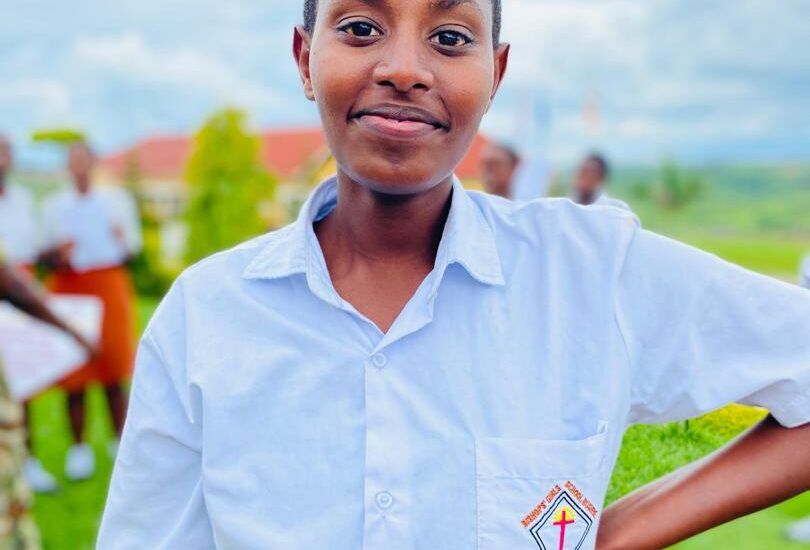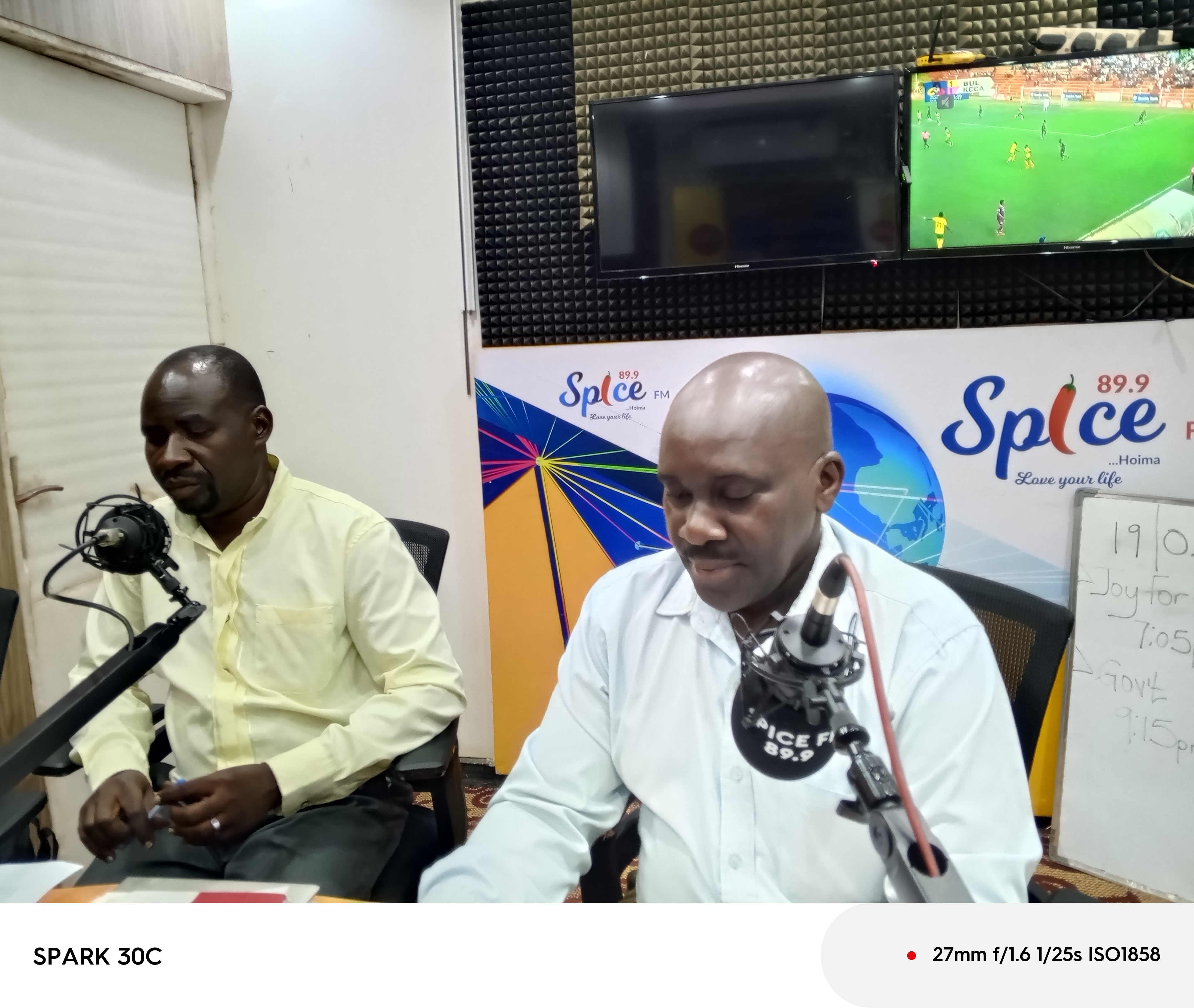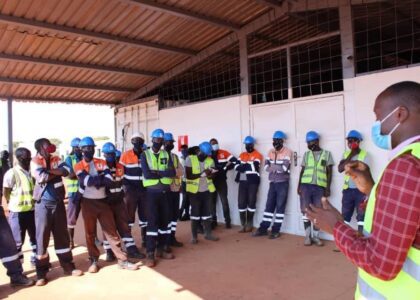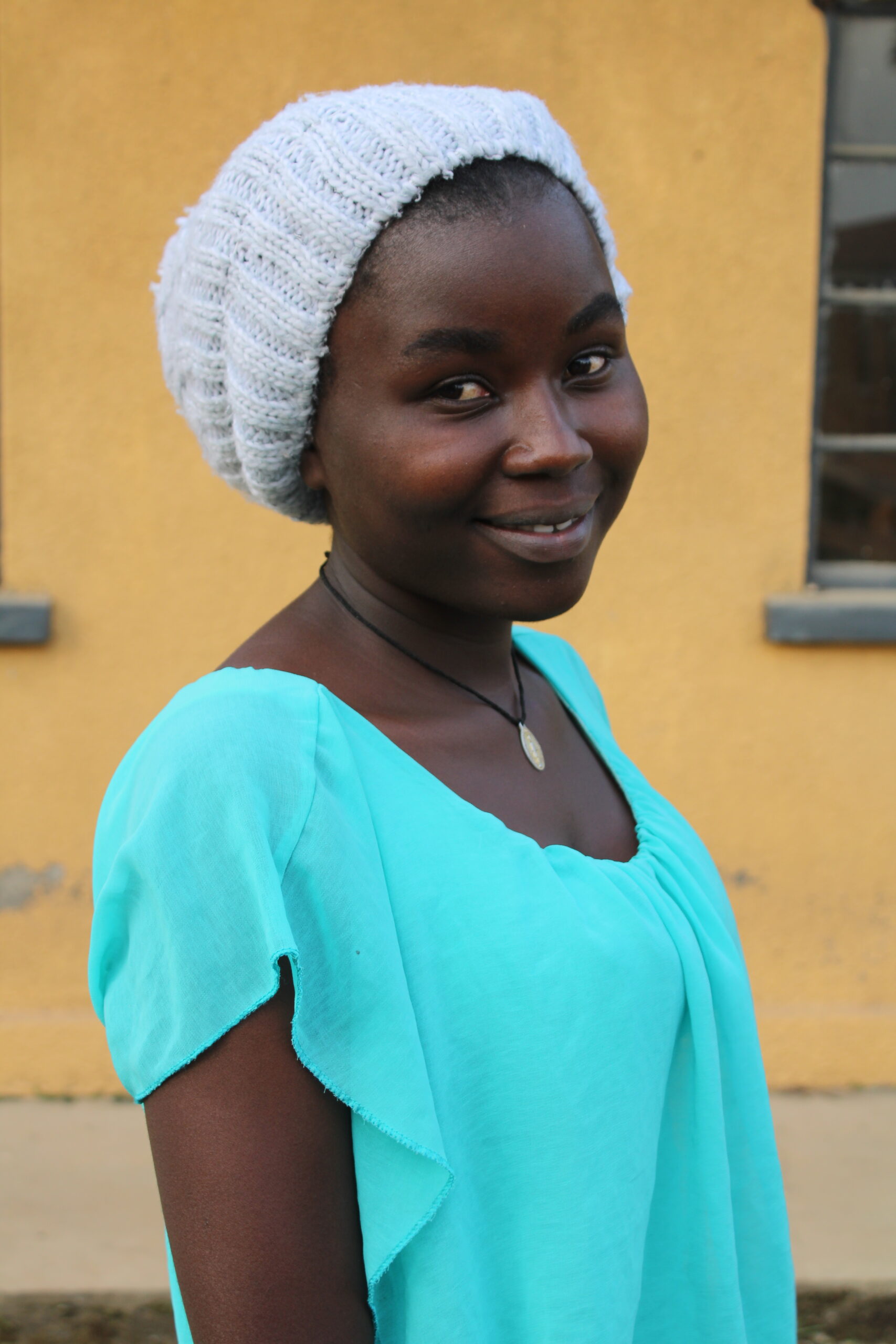In Uganda today, the vision of free and inclusive education remains a national aspiration. Since the introduction of Universal Primary Education (UPE) in 1997 and Universal Secondary Education (USE) in 2007, the government has made notable strides toward improving access to learning for all children. However, the full realization of these policies continues to face implementation challenges especially for low-income and rural families, for whom the cost of education has become an increasing concern.
A recent report by AP News reveals that some government-aided secondary schools, while subsidized, are charging parents as much as $700 per term. These charges are often categorized under development contributions, boarding fees, or examination support. Schools cite operational needs and limited resources as reasons for these fees. While these challenges are understandable, for families living below the poverty line, such amounts are difficult to meet, leading to school dropouts that can have lasting consequences on children’s futures.
The social and economic impacts of school dropouts are far-reaching. Children who leave school prematurely are more likely to engage in child labor, early marriages, and other forms of exploitation. Girls, in particular, face heightened risks. In communities where education becomes inaccessible, young girls are often married off or pushed into informal labor to support household needs. Without the protective environment of school, many children are denied the opportunity to reach their full potential. Education, widely recognized as a fundamental right, is gradually becoming an opportunity only accessible to those who can afford it.
This trend poses a significant challenge to Uganda’s commitment to Sustainable Development Goal 4, which aims to ensure inclusive and equitable quality education for all. While the UPE and USE frameworks were important milestones, associated hidden cost such as uniforms, meals, transport, scholastic materials, study trips, and holiday lessons continue to create barriers for families already struggling to meet basic needs.
The financing structure for public education presents structural limitations. Many schools operate with constrained budgets and face difficulties in meeting their operational requirements. As a result, school administrators may turn to parental contributions to supplement these shortfalls. Over time, this “cost-sharing” approach, though well-intentioned, has inadvertently created financial pressure on families, particularly those in vulnerable communities. Greater oversight and transparency can help ensure that schools are supported in a way that does not burden learners and their families.
The impact of these financial challenges is also felt along gender lines. In situations where resources are scarce, boys are often prioritized for continued education, while girls may be withdrawn from school earlier due to societal norms and economic considerations. This deepens gender inequality and deprives the country of the powerful contributions that educated women can make to development, leadership, and the economy.
Joy for Children Uganda (JFCU) has been at the forefront of efforts to make education more accessible for all. Through its Child Sponsorship Program, JFCU supports children from vulnerable backgrounds by connecting them with sponsors who help cover essential school-related costs such as tuition, uniforms, learning materials, meals, and sometimes healthcare. Beyond academic support, the program offers mentorship, psychosocial care, and regular monitoring to ensure each child’s well-being and holistic growth. By removing financial barriers, the program empowers children to stay in school, dream bigger, and contribute meaningfully to their communities.
In addition to direct support, JFCU continues to engage in policy advocacy. The organization calls for enhanced public investment in the education sector, improved regulation of school fees, and expanded financial support programs targeted at learners most at risk of dropping out.
We cannot talk about national development or breaking the cycle of poverty if our children are being priced out of education. Education is supposed to be a right, not a privilege. But now, only those who can afford it benefit” says Ntenga Moses, Executive Director of Joy for Children Uganda.
In this context, collaboration becomes essential. The Ministry of Education and Sports, in partnership with local authorities and civil society, can explore opportunities to increase capitation grants to schools and ensure timely and transparent disbursement. Strengthening monitoring mechanisms around fee policies and improving communication between schools and communities will help ensure that no learner is excluded due to affordability issues. Expanding bursary programs, particularly for girls and disadvantaged households, will also help close the gap in access.
As a new school term approaches, thousands of children across Uganda are faced with uncertainty not because they lack ambition or ability, but because they cannot afford the financial cost now attached to learning. Education should not be a privilege for a few, but a right guaranteed to every child.
Uganda has shown commitment to advancing education. By addressing the underlying factors contributing to school dropout and working collectively across sectors, the nation can move closer to a future where no child is left behind. A well-supported education system is not just a pathway for individual success it is the foundation of national progress, gender equality, and social transformation.
We cannot talk about national development or breaking the cycle of poverty if our children are being priced out of education. Education is supposed to be a right, not a privilege. But now, only those who can afford it benefit” says Ntenga Moses, Executive Director of Joy for Children Uganda.
In this context, collaboration becomes essential. The Ministry of Education and Sports, in partnership with local authorities and civil society, can explore opportunities to increase capitation grants to schools and ensure timely and transparent disbursement. Strengthening monitoring mechanisms around fee policies and improving communication between schools and communities will help ensure that no learner is excluded due to affordability issues. Expanding bursary programs, particularly for girls and disadvantaged households, will also help close the gap in access.
As a new school term approaches, thousands of children across Uganda are faced with uncertainty not because they lack ambition or ability, but because they cannot afford the financial cost now attached to learning. Education should not be a privilege for a few, but a right guaranteed to every child.
Uganda has shown commitment to advancing education. By addressing the underlying factors contributing to school dropout and working collectively across sectors, the nation can move closer to a future where no child is left behind. A well-supported education system is not just a pathway for individual success it is the foundation of national progress, gender equality, and social transformation.






